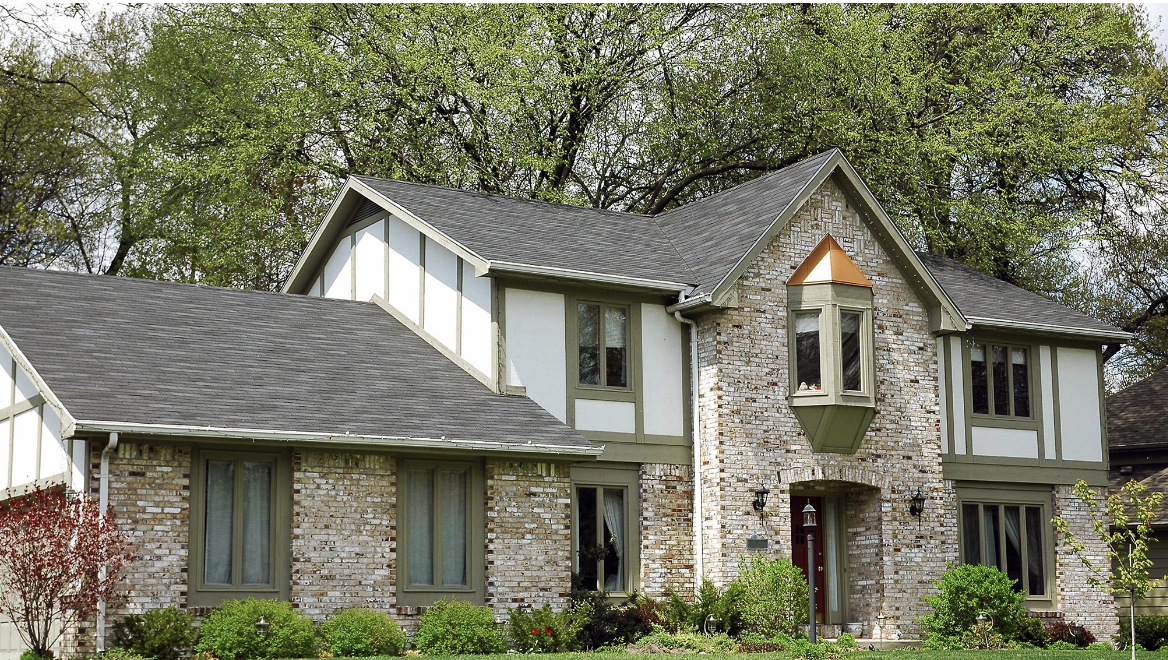The following is an excellent piece written by Michelle Higgans, staff writer at The New York Times covering Real Estate, Travel & Consumer Trends. (The original article was quite long. I’ve restructured it into five shorter, easily digestible posts.) Enjoy!
___________________________________________________________
BUYING A HOME CAN SEEM LIKE A DAUNTING PROCESS — it just may be the most expensive and emotionally charged purchase of your life. But with careful research and determination, the keys to that dream home can be yours. We’ll help you along your path toward homeownership. Let’s get started!
THE DECISION TO BUY
Before taking the plunge into the buyer pool, it’s important to consider whether homeownership is right for you.
RENT VS. BUY?
When looking for a new place to live, the first question you ask yourself will help drive the rest of your decision-making. Should you rent or buy? Buying may seem appealing because you will put an end to escalating rent and can build equity. But the reality of routine home maintenance and repairs can quickly drain a bank account.
In general, whether renting or buying is better for you largely depends on your specific circumstances.
Here are some basic questions to consider when thinking about buying a home:
• How long do you plan to stay there? If you expect to relocate in just a couple of years, renting is likely a better option.
• How much home can you afford? If you can’t afford a home large enough to fit your family in a few years, it may be worth it to rent while you save a bit more.
• What’s on the market? If you can’t find a home you like, it’s likely not worth tying yourself to something you’re unhappy with.
Another consideration: Stretching your budget for that dream home may actually make you miserable, as a growing body of research suggests.
HOW MUCH HOUSE CAN I AFFORD?
To determine how much you can spend on a home, take a close look at your budget. Review your bank statements and spending habits for the last couple of months to figure out how much you are spending on everything from cellphone bills to restaurants. The Consumer Financial Protection Bureau offers a spending tracker that can help you figure out where your money is going each month.
Once you have a better picture of your spending habits, determine how much you want to allocate toward a monthly home payment. This figure includes your principal, interest, tax and insurance payment, which add up to your monthly mortgage sum.
The Federal Housing Administration formula, used by many lenders, recommends allocating no more than 31 percent of your monthly income to your housing payment. This figure will change based on your amount of debt. Buyers with no other debt may be able to budget as much as 40 percent of monthly income to housing. (But remember that the rest of your budget is going to have to go toward heat, water, electricity, routine home maintenance and food.) Overall, your total debt-to-income ratio, including car payments and credit card bills, should not exceed 43 percent.
So, for example, if you make $50,000 in annual gross income, your monthly gross income is $4,167. That should leave you with $1,292, or 31 percent to devote to your monthly mortgage, provided your overall debt does not exceed $1,792 a month. Our mortgage calculator can help you determine what your monthly mortgage may be.
But remember that besides the mortgage, buying a home includes additional one-time payments that can quickly add up, including closing costs, legal fees and other expenses associated with buying, such as a house inspection. And don’t forget about moving fees or home improvements.
CHECK BACK THURSDAY 3/28 FOR PART2


 Facebook
Facebook
 X
X
 Pinterest
Pinterest
 Copy Link
Copy Link
